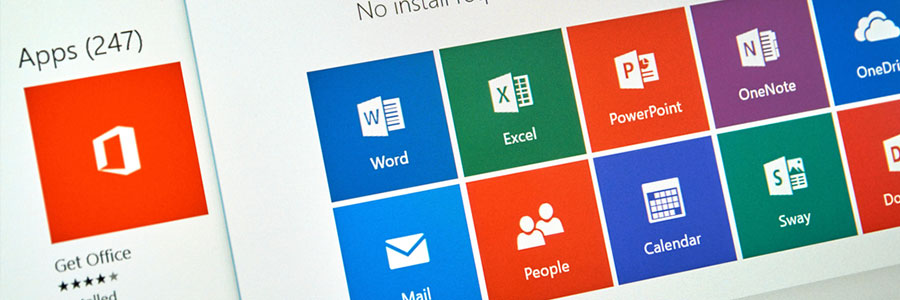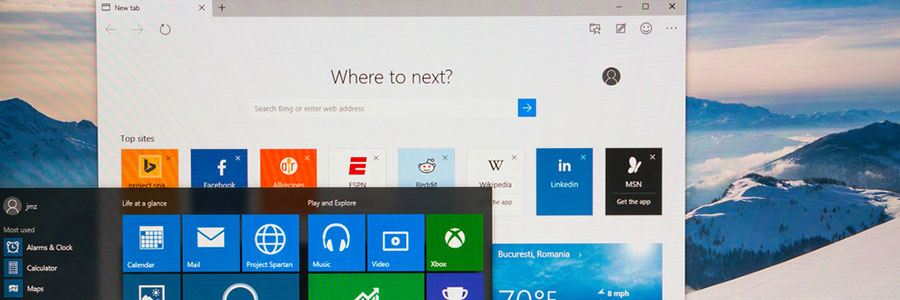When it comes to the communications tools you use in your business, there may be many opportunities to improve the process that you have not yet explored. Microsoft Outlook has made improving your use of communications technology even easier with its latest changes and updates.
How Outlook’s update Improves User Experience









